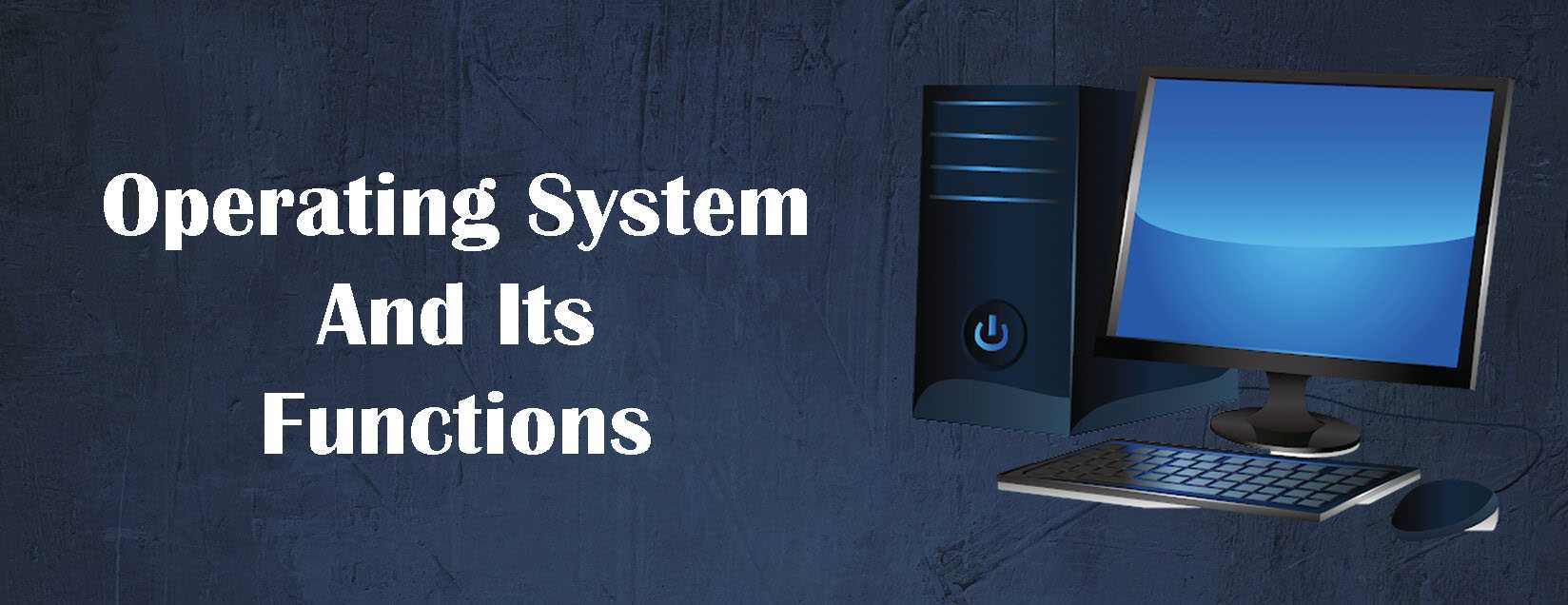Hey readers, I hope you are doing really well, and am sending a lot of hugs and positivity to all of you.
Readers, in the previous blog post I talked about Electrophilic Aromatic Substitution as it plays an important role in the field of chemistry and can be used to create things like dye and detergents. And that’s what excites a science enthusiast and keeps the brain running for more ideas and experimentations.
So, in today’s blog post we will be talking about one of the most important elements that changed the way we use our devices and will dive deep into the world of computers.
I was always fascinated with computers, like literally I am fascinated about this space, as computers are considered as one of the greatest innovation in human history, right from Charles Baggage’s analytical engine, where the punch cards were used to send inputs to Colossus, which was the first electronic digital programmable computer used during the second world war, as it was a room-sized computer to having personal computers and laptops to the mini-computers that we hold in our hands and can fit in the pocket. It’s been a crazy evolution by far.
But one of the main inventions ever made in the field of computers that actually revolutionalized the way we use our devices today and is an interface between the computer hardware and computer software and has pushed the tech industry further is the invention of Operating systems.
Yes, operating systems have changed the way we use our devices today.
So, let dive deep and get to know the basics of operating systems, right from what operating system is and its functions.
What exactly is an Operating System?
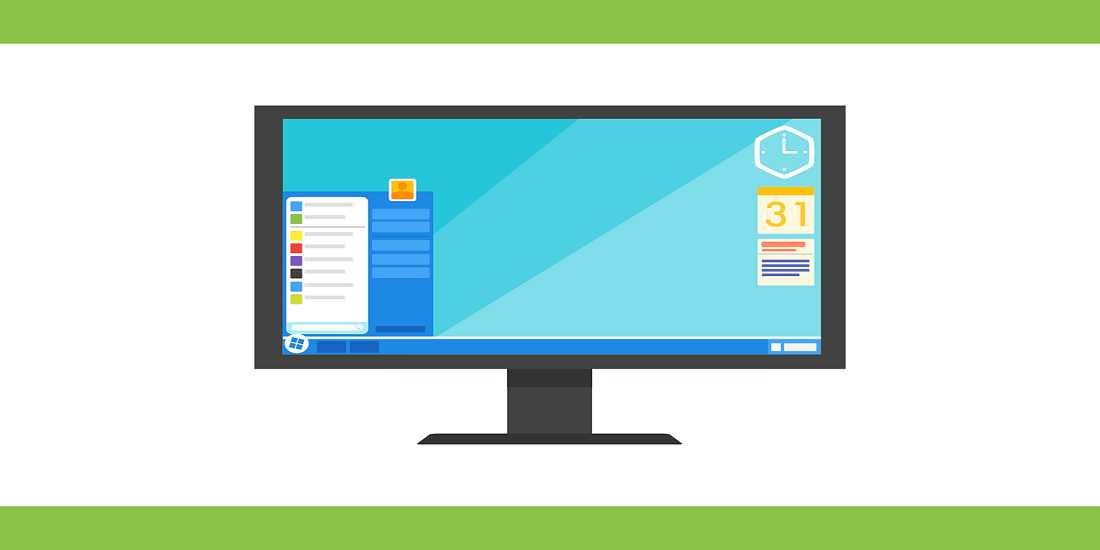
Let me keep it short and simple for people who are not from engineering backgrounds or computer science backgrounds in general but also for people who are from computer science backgrounds or are pursuing,
An Operating system is an interface or a middle layer between the computer user, application program, and computer hardware.
Operating systems are really important in the field of computers as its one of the greatest inventions in the history of computers.
Operating systems are basically system software and are the base of the computer system that manages the computer hardware, software resources, and provide common services for computer programs, and also performs various functions like program execution, and allocates memory and files.
An operating system is a software as I have mentioned before that performs all tasks such as file management, memory management, process management, handling inputs and outputs, and also controls other peripheral devices such as disk drivers, and printers.
Operating systems are found everywhere right from personal computers to gaming consoles to smartphones to supercomputers. We are bound to the operating system in our daily lives right from using smartphones to working on PCs. And let’s also understand the functions of operating systems as it’ll give a better understanding of the operating system that we use today and will help us to understand it better, and will give great insights about it.
But before we dive deep into the functions of the operating system let’s understand the history behind operating systems.
Also read: Technology Essay For Students
Origins:-
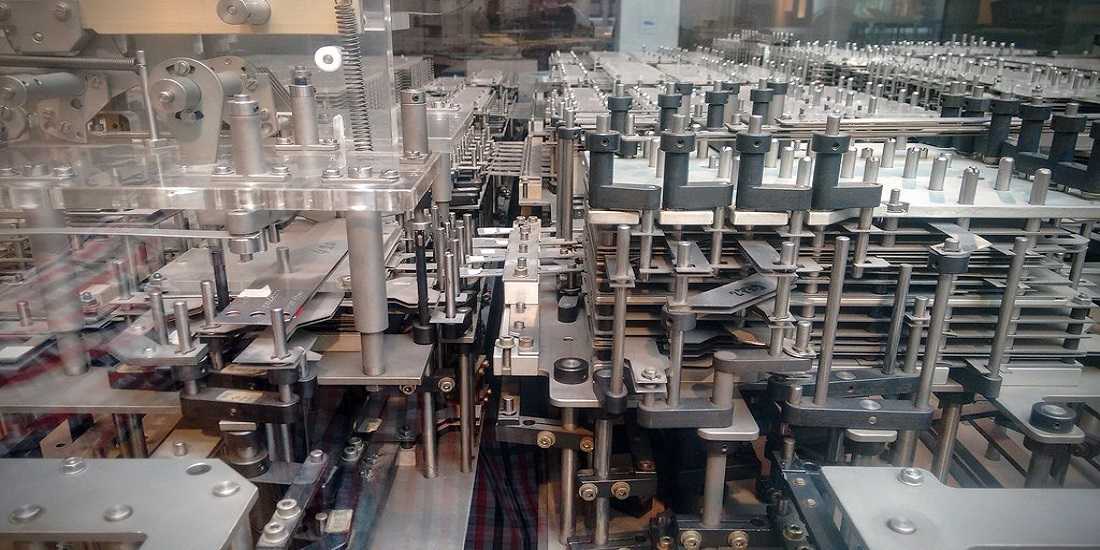
The origins of operating systems and computers in general roots back to 1930s Germany, when Konrad Zuse created the first programmable computer, the Z1. So, we could loosely say that he is the main inventor of the computer. So, Zuse, thought why not build a machine to solve complex mathematical problems and had to come up with a solution. And so he quit his job and moved to his parent’s place, where the magic begins, so he saw that human computers use ten numbers and a few symbols and when you move them around you got the result that you wanted, and how do you simplify them, simple answer, binary, just 1’s and 0’s.
That’s it and this thinking is what lead to the creation of computers and operating systems in general and is still used today. To utilize the use of 1’s and 0’s he simply used the mechanical switches but there was a problem every switch had to be used perfectly or else the whole thing won’t work. And so the perfect idea to use came in the form of magnetic telephone switches and once the entire system was completed then he decided to test it he fed it with a complex problem and it worked.
It was the beginning, but wait why did he do it, simple answer he was lazy and wanted to come up with an easy solution to solve mathematical problems. Isn’t this an amazing thing that paved a way for innovation, readers?
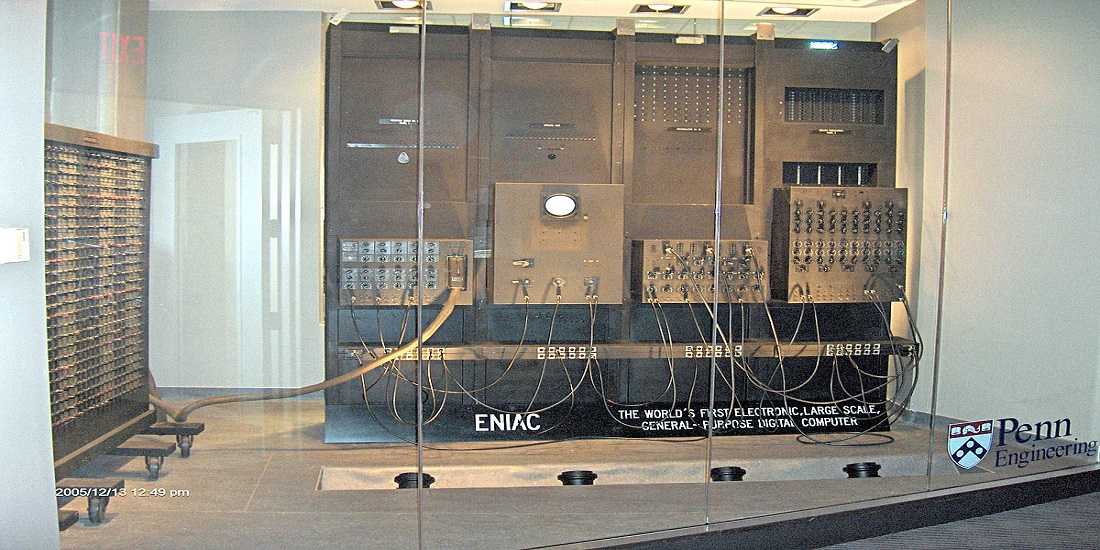
Then in the 1940s vacuum tubes were used in the computers and that computer was ENIAC, where 18,000 vacuum tubes were used and the machine would keep on working if one of the parts went damaged. And a fun fact is that the ENIAC couldn’t store anything so you had to rewrite the program for an entire system, and that was really a hassle, and complicated and took days. ENIAC was the first electric computer.
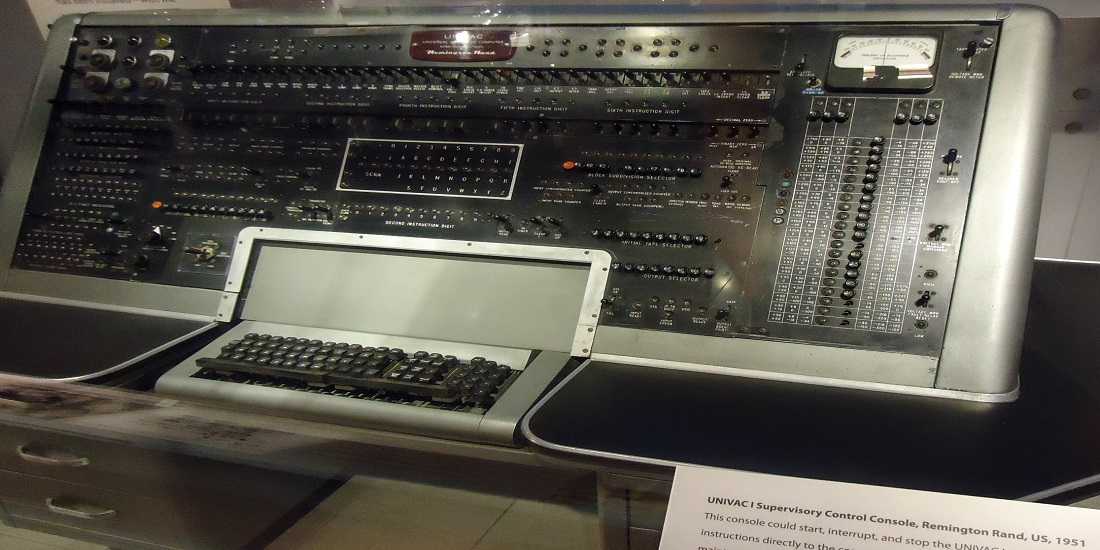
In the 1950s, people had no idea about computers in general, and it was used by the governments and military only and there were only eight computers, that were made. But in 1951, things changed as the computers were made public with the invention of UNIVAC, which is considered as the first computer ever made for the general public and it just revolutionalized everything. And it was used to predict the results of the US elections and it just worked. And back then it was a concern as people were literally replaced by computers but were still huge because of the dodgy vacuum tube. But there was something that would replace it and that is the transistors.
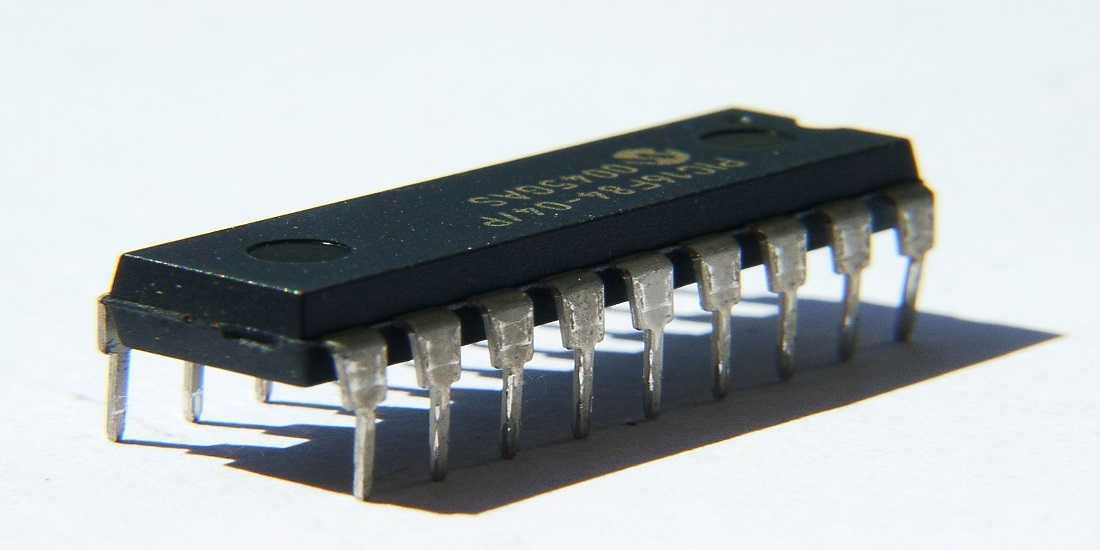
In the 1960s, this is where things started to shape up as whatever we discussed before was just the beginning, fasten your seat belts as the era of 1960s was a change, with the invention of transistors, and computers had to be small in size and that really paved the way for the public to use the computers, as connecting thousands of transistors meant connecting thousands of wires, and circuit boards were a jumbled mess and it was almost impossible to do, so there was the invention of the integrated circuit and it made the problem solved and many transistors were printed on the circuit boards.
Soon, NASA used integrated circuits and send a man to space, and this lead to the introduction of modern computers. And the first integrated circuit had 10 transistors and it cost over $10,000 at that time. And this was the fastest change in history.
Today our chips have billions of transistors and that’s the reason why we have so much power in our devices, the smartphones we use have 200,000 times the speed.
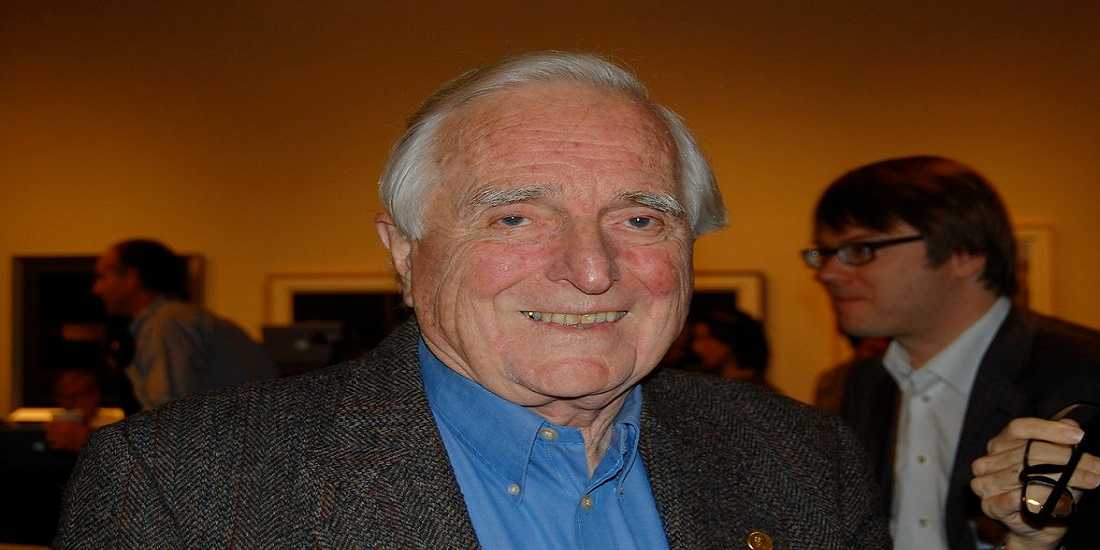
The 1970s was the era where actually the idea of the operating system was coined. It was Douglas Engelberg, who was bigger than Steve Jobs and Bill Gates that coined the term operating system, and this paved the way for the graphical user interface, that is what we use today and that was the beginning. And also the invention of the microprocessor made by the company Intel, where thousands of transistors were on a single chip.
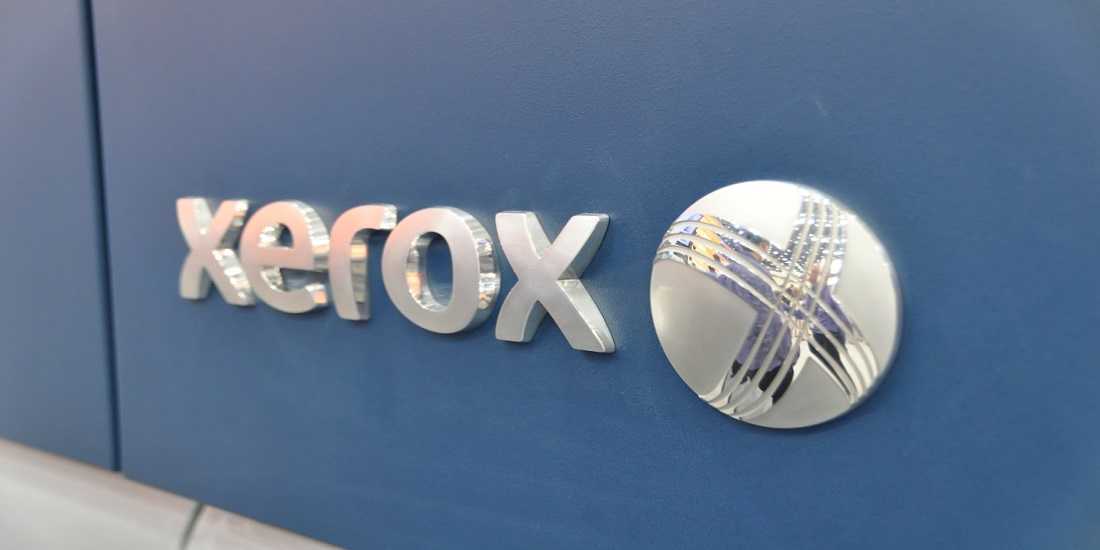
A company called Xerox built the first-ever personal computer with a Graphical User Interface in it. Since it had an advantage for people using it, but they didn’t market it, and so because of which people were not aware of it. IBM still used a mainframe computer as they thought why would people need a personal computer. But the truth is people wanted a personal computer.
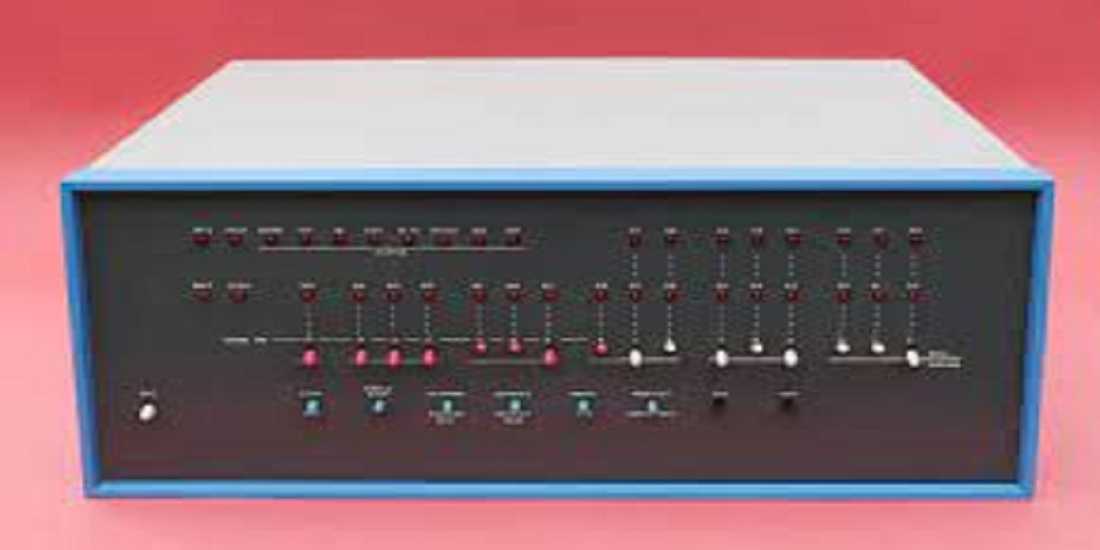
In 1974, Ed Roberts, an engineer who was trying to prevent his calculator business came up with the idea, to create a personal computer for hobbyists and that was possible with the microprocessors created by Intel. And the microprocessor allowed the entire computer to be put on one chip. So, he created a personal computer called the Altair 8800 and sold it on the pages of Popular Electronics magazines for $400 in January 1975.
Ed Roberts told the bank that they expected a few hundred orders, but ended up being swarmed for a couple of thousand orders within the first few months. This led to an increase in demand for the Altair 8800 personal computers amongst the hobbyists. The machine was like a box with just flip switches attached to it and no keyboard and if you wanted to input some instruction like adding two numbers you had to use the flip switches to input the numbers, but it started a revolution.
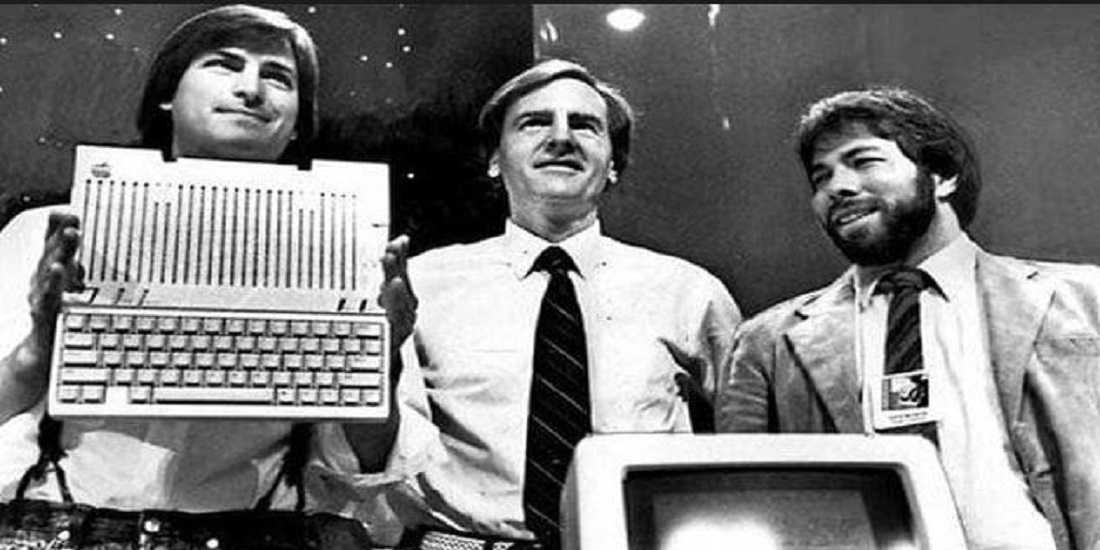
This led guys named Steve Wozniak and Steve Jobs inspired to create their own computer, and Steve Jobs saw a business opportunity. And they created the Apple one computer.
The Altair 8800 also required a programmer to create a code to use the Altair 8800, and this led to two enthusiastic geeks named Bill Gates and Paul Allen to create software to use the Altair 8800.
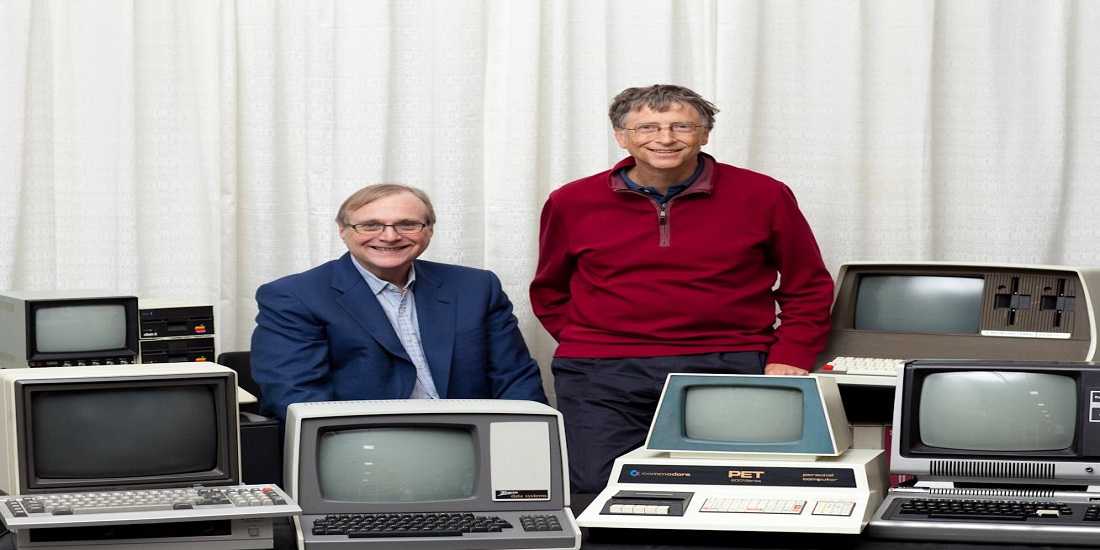
They told the company Mits that they have made software, but the truth is they haven’t. So, the young Bill Gates and Paul Allen started creating a Bootstrap, so initially, it didn’t work, but when they tried for the second time and it worked. Bill Gates saw a business opportunity from it and created the first operating system titled the Altair Basic, and this changed the entire thing, as the tech enthusiasts attached terminals to the Altair 8800, and started using it to create games, accounting software, and spreadsheets.
It’s because of the Altair 8800, that we have operating systems like Windows, Mac Os, Ios, and Android, that are way faster and powerful. Isn’t the history of computers and operating systems interesting? I was really thrilled and excited when I learned about these things, as these are the things that excited me.
Now, let’s dive deep further and learn the technical stuff.
Functions Of Operating Systems:-
The Operating System is really huge, as it a subject when I was pursuing my Bachelors in Computer Applications from MIT Pune, and I sort of found it boring, but then I got to realize that no, it’s not so boring as in the field of computer everything is connected. Everything is linked to each other. And that sort of made me think deeper. Operating Systems have functions such as:-
- Memory Management:- The operating system is responsible for managing the memory, as it consists of two types Primary and Main Memory. The Main Memory is a large array of words or bytes where each word or byte contains its own address. Also, the main memory is fast storage that can be accessed directly by the CPU. For a program to be executed, it should be first loaded in the main memory. Operating Systems also perform the following activities in memory management:-
- It keeps track of the memory, i.e which part of memory should be allocated to whom for the use, and what part should not be allocated for the use.
- It also performs multiprogramming where the OS decides which processor will be allocated with the memory or not.
- Allocates the memory if it is requested by the processor.
- Deallocates the memory if the processor doesn’t require or is terminated.
2. Processor Management:- As the Operating System has the access to perform multiprogramming, so it has the access to decide which processor will be processed first and for how much time. And this process is known as Process Scheduling. So, the Operating system performs the following functions:-
- It keeps the track of processor and its status of the process. So, the program that is responsible for this task is known as Traffic Controller.
- It allocates the processor to the process.
- It also de-allocates the processor to the process.
3. Device Management:- Operating System is huge and has so many capabilities to perform certain functions and one such function is device function. In simple words, it’s a type of function in which the operating system decides and manages other peripheral devices via their respective drivers. It performs certain activities like the following:-
- It keeps track of all the devices that are connected to the system. The program responsible for this task is known as I/O Controller.
- It decides which process will get the device when and for how much time.
- It allocates the device.
- Also deallocates the device after completion.
4. File Management:- The Operating System is also responsible for the allocation of data in files, as data is really important for us. So, the file system is a program that organizes the files that consist of data into directories and makes it easy for navigation and usage. These directories consist of files and other directions. So, the operating system performs the following activities:-
- It keeps the track of files like where it’s stored and its location and the type of file. The collective facilities are often known as File systems.
- Decides who gets the resources, i.e. the file.
- Allocates the resources.
- Deallocates the resources.
5. Program Execution:- The Operating system is responsible for executing the programs like a user program or a system program. It utilizes various resources that are available for the efficient running of all types of functionalities.
Apart from these five functions, the operating system is also responsible to perform certain functions like:-
- Security:- It provides security in the form of password protection to protect the user data and also prevents unauthorized access to programs and user data.
- Job accounting:- Basically, it tracks the time and resources used by the user or group of users like for how much time the application was used by a user.
- Error detecting aids:- Operating system tracks the error by constantly monitoring the system and avoids the malfunctioning of the computer system. A well-secured OS can also act as a countermeasure for preventing any sort of breach to the computer system from any external source and probably handling them.
- Resource Allocation:- The Operating System decides which resource should be used and for how much time and to whom the resource should be allocated.
- Coordination between other software and users:- The Operating System is also responsible for coordination and assignment of compilers, interpreters, assemblers, and other software to the various users of the computer systems.
Operating System is a really vast field and it’s one of the most demanding fields in terms of job perspective. You need to be good at coding and should be to think out of the box, and should have the problem-solving ability, as that’s what really matters in the tech industry. You should master programming languages like C, C++, Java, Python, as these are the programming languages that are highly in demand in today’s time, and C programming language is still used to create an operating system, so don’t underestimate the power of C programming language.
So, if you want to learn some basics about the operating system then I will recommend you to read this pdf from the University of Cambridge, which is really good. And I also recommend a book that will give you insights into operating systems right from basics to advance, and it’s called Operating Systems:– A Concept by Inderjeet Kaur and Sonam Gupta, as it’s filled with case studies, and the concepts in it are easy to understand. And if you don’t want to read, then I’ll recommend you to watch this video playlist that has completely elaborated the concepts of Operating System by Gate Smashers on YouTube.
Conclusion:-
The world of operating systems and computers, in general, is pretty fascinating as it keeps on getting updated and new things and techniques come into this industry and there are new job opportunities in this field too. Operating Systems are a crucial part of our lives right from Desktops to Smartphones we need it. And you guys know the likes of Microsoft Windows, Apple Mac OS, Android, Ios, and Linux. So,
Question,
Which operating system do you use the most?
Let me know in the comment section below.
